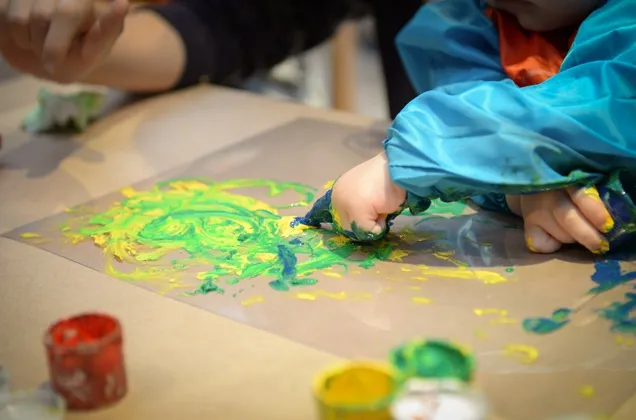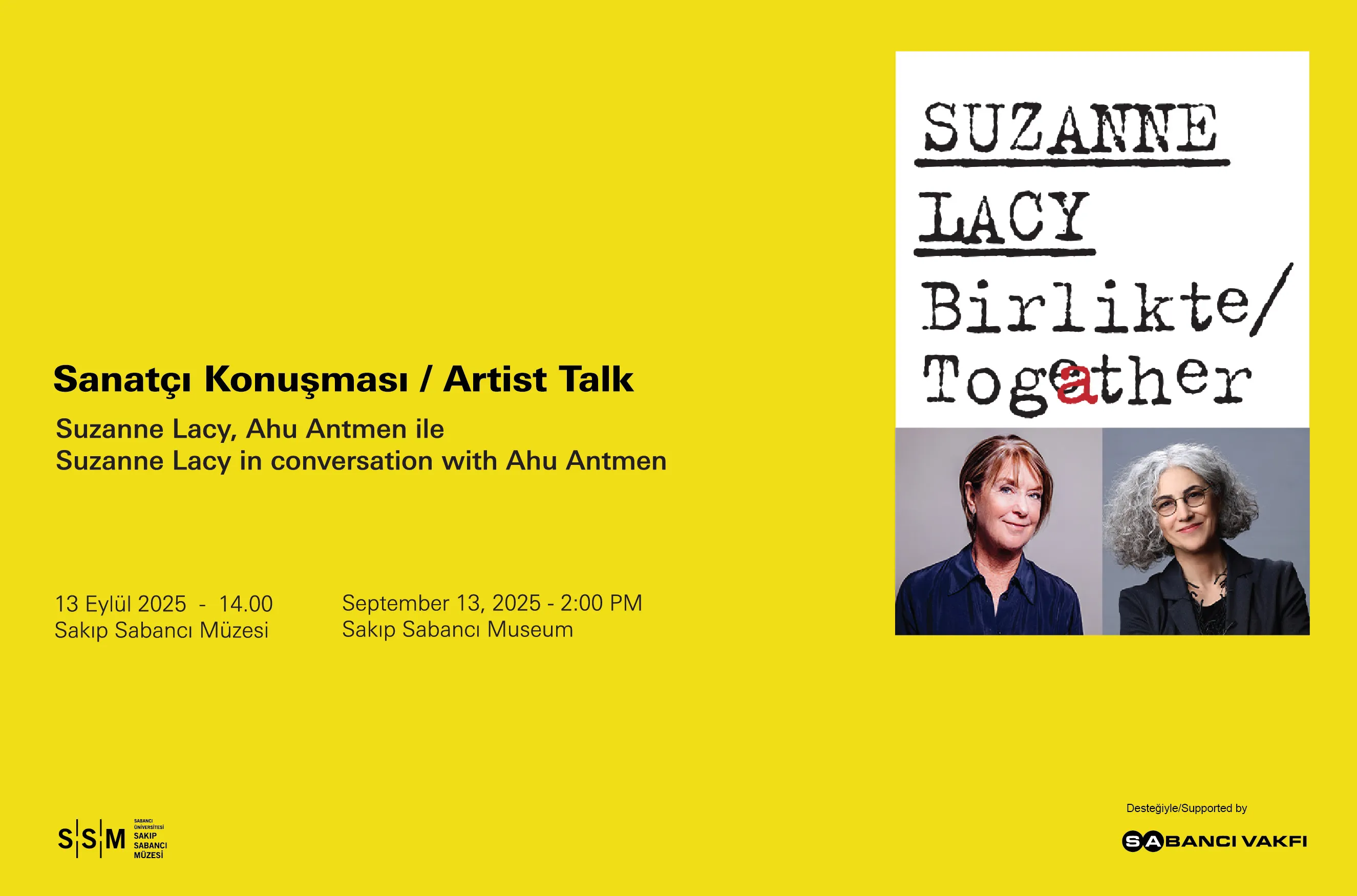05/06/2017
Sabancı University's Sakıp Sabancı Museum continues to cast light on the history of modern Turkish art.
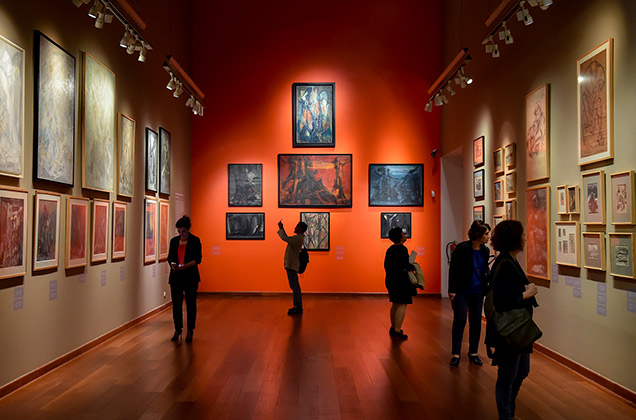
The ‘Thesis-Antithesis-Synthesis’ exhibition at Sakıp Sabancı Museum presents Selim Turan's work, which was shaped by diverse experiences. Selim Turan exhibition at Sakıp Sabancı Museum.
Sabancı University's Sakıp Sabancı Museum (SSM), now in its 15th year, is continuing to present work by Turkish painters and cast light on Turkish art history, with the support of Sabancı Holding and in cooperation with Istanbul University. Works by the major Turkish painter and sculptor Selim Turan (1915-1994) feature in the ‘Thesis-Antithesis-Synthesis’ exhibition, which opens on 30 May at the SSM.
Curated by Dr. Necmi Sönmez, ‘Selim Turan. Thesis-Antithesis-Synthesis’ is the first solo exhibition of the artist's work to have been held in recent years. Most of the works in the exhibition have been selected from the Selim Turan Collection, which was donated to Istanbul University by his wife, the ceramic artist Şahika Turan, in 2003.
From 1947 until his death, Selim Turan divided his time between Paris and Istanbul, and the over one hundred works in the exhibition reveal traces of inspiration from the cultural milieux of both cities. The exhibition also includes works by Hakkı Anlı, Nejad Devrim, Ferit İşcan, İlhan Koman, Mübin Orhon and Fahrelnissa Zeid; Turkish artists who lived and worked in Paris during the same period; and by Jean Bazaine, Henri Goetz, Léon Zack, Natalia Dumitresco and Alexander Istrati, who between 1947 and 1960 were major painters in the Paris art scene over the period of Selim Turan's close involvement.
The exhibition brings together examples of Selim Turan’s work over a long period that begins in 1935, when he was studying at the Academy in Istanbul, and focuses particularly on his years in Paris. As an artist who established bridges between Eastern and Western cultures in both his life and art, Selim Turan's works have been arranged and evaluated in the context of a conceptual framework defined as ‘thesis, antithesis, synthesis’.
Sabancı University's Sakıp Sabancı Museum Director Dr. Nazan Ölçer said of this latest exhibition, "Sakıp Sabancı Museum is delighted to be continuing the journey that began with Feyhaman Duran, one of the leading names in Turkish art history, with the painter and sculptor Selim Turan, whose work also casts light on a period. We are proud that Istanbul University has entrusted us with works by both artists that were donated to Istanbul University by their wives, for exhibition at our museum. Selim Turan’s most important characteristic as an artist was that his work never expressed any concern about whether his works were understood or not, and always left the last word to the viewer.
Selim Turan's work cannot be evaluated in chronological categories such as his student years, period of exploration, maturity etc, which are traditionally used in art history. Throughout his artistic life he produced figurative, realistic, abstract and symbolic forms of expression, with a constant aim of provoking questions in the mind of the viewer. So in this exhibition curated by Dr. Necmi Sönmez, we decided to present his works in the framework of ‘thesis-antithesis-synthesis’, and to allow interpretations of modern Turkish art in the post-World War II period from an unconventional standpoint, just as Turan himself did.”
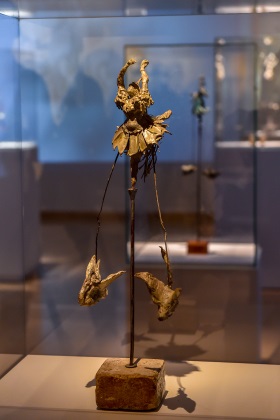
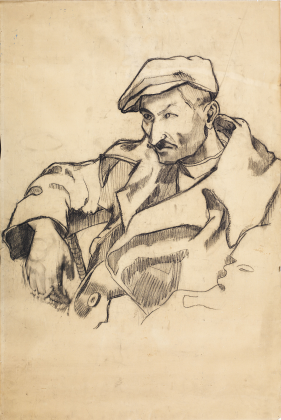
Curator of the exhibition, Dr. Necmi Sönmez, commented, "Selim Turan’s 'Thesis-Antithesis-Synthesis' exhibition presents over a hundred paintings, sculptures and prints by the artist, making it the broadest scoped exhibition of Turan's work ever to be held and so of particular importance. As one of the leading names in Turkish art history, Turan divided his time between Paris and Istanbul from 1947 until his death, and under the influence of the cultural milieux of both cities engaged in visual experiments that are not widely known. As well as displaying these visual experiments for the first time, the exhibition aims to inspire a debate about numerous unknown works by the artist in terms of their experimental approach."
The works by Turan in the exhibition have been arranged according to both their period and their place in the artist's conceptual quest. The headings for the different sections of the exhibition have been taken from Farid ud-Din Attar’s Mantiq ut-Tayr (Language of the Bird), a poetic work which influenced the artist: "How many leagues is this road?", "Here one shifts from one state of mind to another", "You know the door is closed. Walk and reach that door", "Someone said, 'I lost the key'" and “I joined the sea of mystery and vanished". The ‘Selim Turan. Thesis-Antithesis-Synthesis’ exhibition, which includes a unique presentation of mobile sculptures made by the artist in 1980-1994, will remain open at SSM until 13 August.

